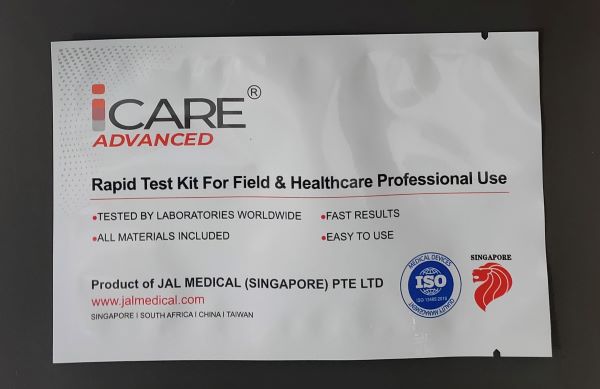Caribbean countries such as Anguilla, the Bahamas, Barbados, Cuba, Jamaica, and many others face significant challenges in road safety due to various factors, including infrastructure issues, rising vehicle numbers, and impaired driving. Impaired driving, often linked to alcohol or drug consumption, is a significant contributor to road accidents in the region. The iCARE Multi-Drug Screening Test offers a potent solution to detect and deter drug-impaired driving, helping to make Caribbean roads safer.
Road Safety Challenges in the Caribbean
- Increased Vehicle Traffic: Rising tourism and economic activities have led to increased traffic on the roads, escalating the risk of accidents.
- Inadequate Infrastructure: Many Caribbean nations struggle with underdeveloped road networks and poor infrastructure, which contribute to accident rates.
- Impaired Driving: Alcohol and drug-impaired driving remain significant contributors to road accidents, with many drivers unaware of the risks associated with these substances.
- Inconsistent Enforcement: Different laws and enforcement standards across Caribbean nations make it challenging to maintain consistent driver safety standards.
The Role of iCARE Multi-Drug Screening Test
- Immediate Detection: The iCARE Multi-Drug Screening Test provides rapid results, enabling law enforcement officers to quickly identify drivers impaired by drugs.
- Comprehensive Testing: With its ability to detect multiple substances, it ensures a broad net for identifying impaired drivers, whether from legal or illicit drugs.
- Ease of Use: The test is designed for ease of use, allowing officers to conduct tests roadside efficiently and accurately.
- Portability: Given the geographical diversity of the Caribbean islands, the test’s portability ensures that it can be used effectively across different locations.
- Prevention and Deterrence: Its widespread use creates a deterrent effect, reducing the likelihood that drivers will get behind the wheel while impaired.

Steps for Effective Implementation
- Training for Law Enforcement: Provide comprehensive training for law enforcement officers on how to administer and interpret the iCARE Multi-Drug Screening Test.
- Legislation Support: Governments should establish and enforce strict legal frameworks supporting the use of such tests, defining clear consequences for impaired driving.
- Public Awareness Campaigns: Raise awareness about the dangers of impaired driving and the use of the iCARE test through targeted campaigns, encouraging voluntary compliance.
- Data Collection and Analysis: Establish a database to collect data from test results, allowing for better analysis of impaired driving patterns and the effectiveness of interventions.
- International Collaboration: Engage in cross-border collaboration to share best practices, ensuring the effective adoption of the screening test across the region.
Conclusion
Reducing road accidents in Caribbean countries requires a multifaceted approach, with impaired driving being a critical factor to address. The iCARE Multi-Drug Screening Test provides an effective tool to curb impaired driving, making roads safer for both residents and visitors. With concerted efforts in training, legislation, and public awareness, this test can significantly enhance road safety in the Caribbean, paving the way for a safer future.

